Study finds total greenhouse gas footprint of blue hydrogen “quite high” due to fugitive methane
Green Car Congress
AUGUST 13, 2021
“Blue” hydrogen—produced through steam methane reforming (SMR) of natural gas or coal gasification, but with CO 2 capture and storage—is being described as having low or zero carbon emissions. Our analysis assumes that captured carbon dioxide can be stored indefinitely, an optimistic and unproven assumption.

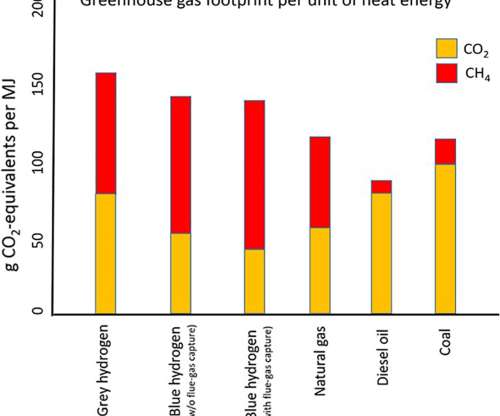


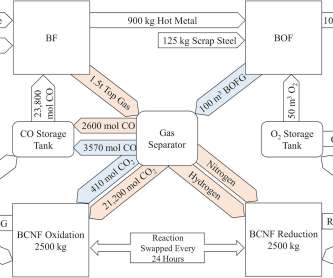

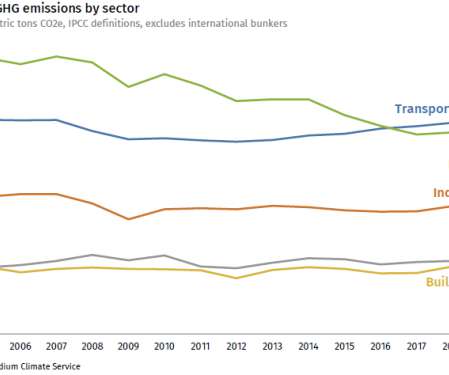
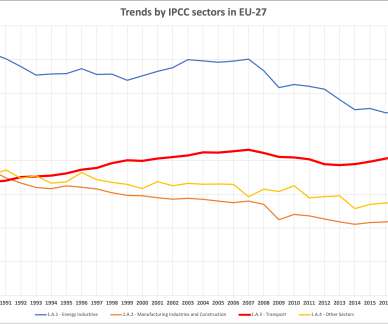
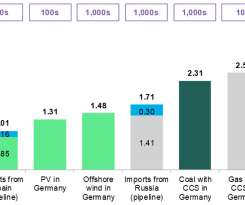
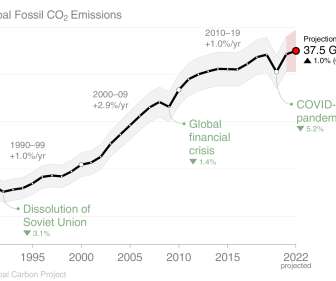










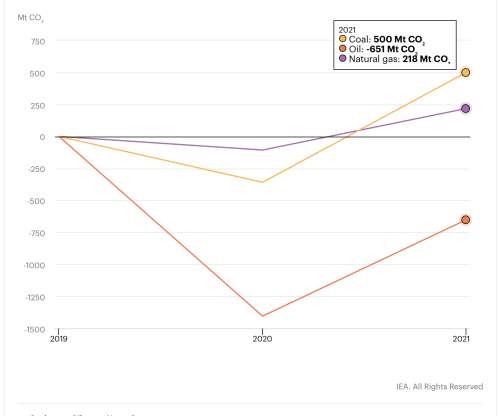






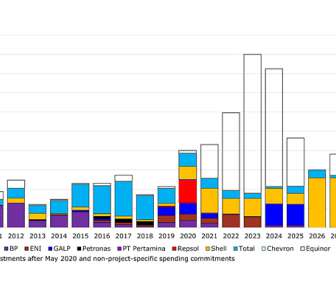





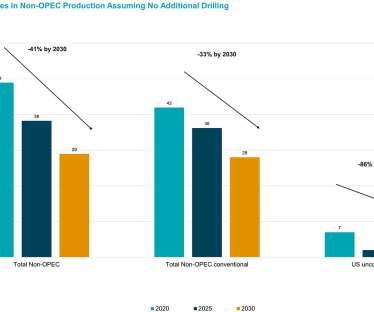

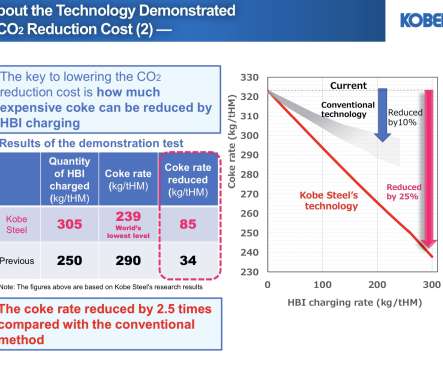







Let's personalize your content